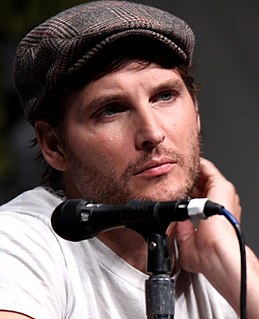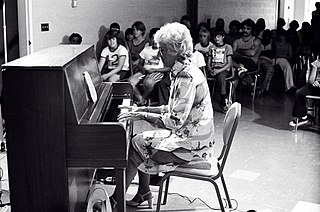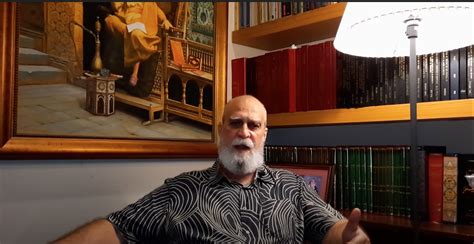A Quote by Willa Cather
If [the writer] achieves anything noble, anything enduring, it must be by giving himself absolutely to his material. And this gift of sympathy is his great gift; is the fine thing in him that alone can make his work fine.
Related Quotes
I don't like giving a gift just to cross the person off my list. They don't have to be extravagant or expensive things, they can be simple. Just helping my neighbor hang his lights was a great gift for me to give. He was an older gentleman who was having trouble putting up his lights, and it made me feel good to be able to help him.
There is a popular superstition that "realism" asserts itself in the cataloguing of a great number of material objects, in explaining mechanical processes, the methods of operating manufactories and trades, and in minutely and unsparingly describing physical sensations. But is not realism, more than it is anything else, an attitude of mind on the part of the writer toward his material, a vague indication of the sympathy and candour with which he accepts, rather than chooses, his theme?
Often nothing keeps the pupil on the move but his faith in his teacher, whose mastery is now beginning to dawn on him .... How far the pupil will go is not the concern of the teacher and master. Hardly has he shown him the right way when he must let him go on alone. There is only one thing more he can do to help him endure his loneliness: he turns him away from himself, from the Master, by exhorting him to go further than he himself has done, and to "climb on the shoulders of his teacher."
Mary adored Jesus as the Bridegroom of souls. Union is the final purpose of love. Jesus by the gift of His substance in the Eucharist unites Himself with our souls as with His dear spouses. As a Bridegroom, He gives them all His possessions, His name, His heart, His whole Self, but on the condition that the soul reciprocates. The soul, His spouse, shall live for Him only
The poet is born with the capacity of arranging words in such a way that something of the quality of the graces and inspirations he has received can make itself felt to other human beings in the white spaces, so to speak, between the lines of his verse. This is a great and precious gift; but if the poet remains content with his gift, if he persists in worshipping the beauty in art and nature without going on to make himself capable, through selflessness, of apprehending Beauty as it is in the divine Ground, then he is only an idolater.
Duke Ellington is my choice for many reasons. Nobody has written so many great pieces of music, which are everlasting, and he has made them available to the world through his orchestrations of his work in a unique way. Lastly, he was himself a fine pianist. He covers the entire musical spectrum with his genius.


































